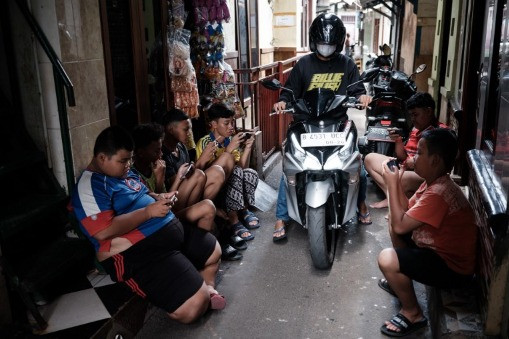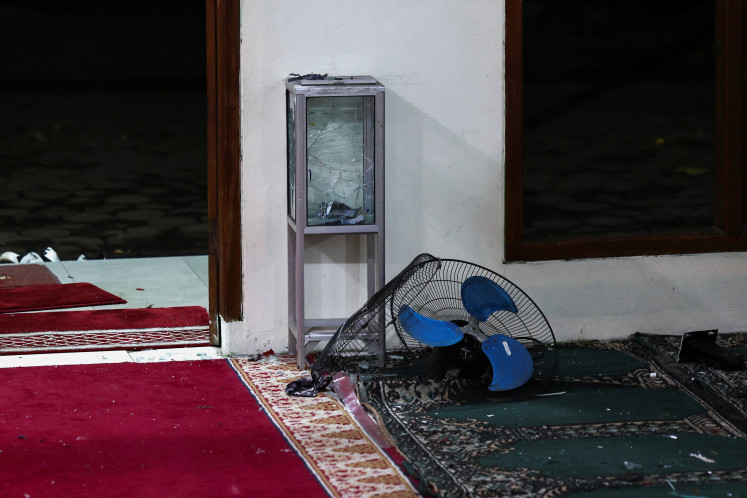Popular Reads
Top Results
Can't find what you're looking for?
View all search resultsPopular Reads
Top Results
Can't find what you're looking for?
View all search resultsBali mulls reproductive health in curriculum
Following the increase of HIV/AIDS cases among youth, the provincial administration is considering including reproductive health in school curriculum, an official says
Change text size
Gift Premium Articles
to Anyone
F
ollowing the increase of HIV/AIDS cases among youth, the provincial administration is considering including reproductive health in school curriculum, an official says.
Bali Health Agency head I Nyoman Sutedja said over the weekend that his agency would propose to the Education Agency to include it in the program of study.
The agency’s data showed that the number of HIV/AIDS patients among 15 to 19-year-olds and 20 to 29-year-olds keeps rising, saying the main transmission is from pre-marital sex, which is also the cause of an increasing number of unwanted pregnancies among Bali’s youth.
“There are more younger patients contracting the infection. This is an alarming development,” Sutedja said.
Data from 2010 showed 80 percent of new HIV/AIDS patients were between 15 to 29 years old, 300 more than the previous year.
The figure brings the number of youth patients to 1,900, 45 percent of the nearly 3900 total patients, with officials predicting the number to increase sharply again this year.
“Schools should have programs to prevent early pregnancy and HIV, as well as educating the students about contraception,” Sutedja said.
He added that some schools had already established student groups that regularly discussed the transmission of HIV through intravenous drug use, but such groups only reached a small number of youth.
“Reproductive health should be studied at schools on a regular basis. This is not something taboo anymore,” Sutedja said.
He cited Bali Governor Made Mangku Pastika, who assumed that the spread of HIV among youth occurred in line with the mushrooming of unofficial red light districts in Bali. Students who employ the service of sex workers do so without any proper knowledge on how to prevent sexually transmitted diseases, including HIV.
Dewa Nyoman Wirawan from the expert team of drug treatment said Bali is currently facing an epidemic of infection through heterosexual intercourse and lack of awareness to use condoms.
In 2006 it was estimated that the number of direct sexual workers reached 2,950, and the indirect ones reached 5,875.
The sexual workers served around 88,000 customers who risk transmitting the infection to 69,000 other individuals, particularly their significant others.










